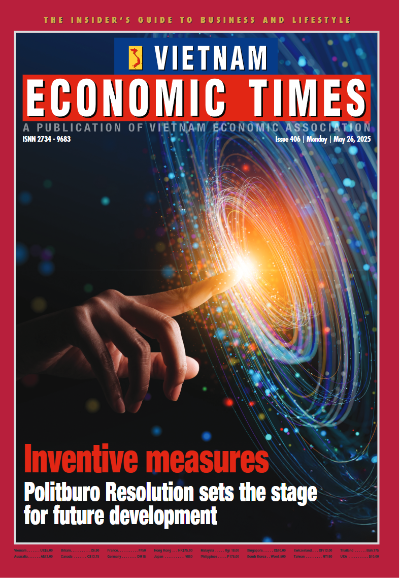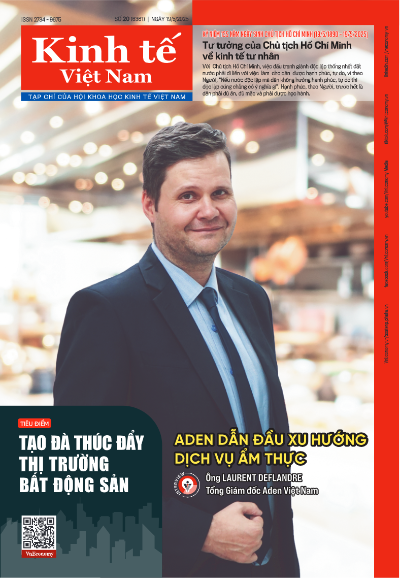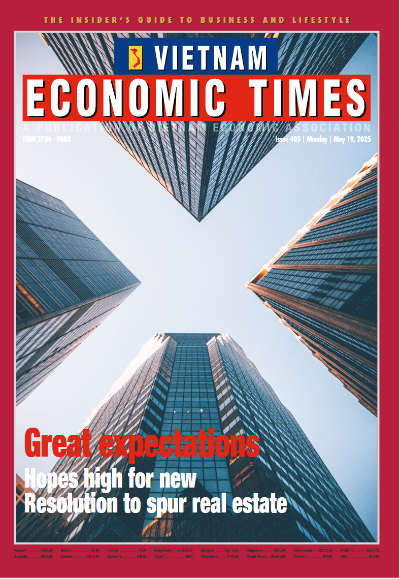Deputy Prime Minister Bui Thanh Son stressed the importance of new solutions for tax incentives, land, credit, and attracting investment in the development of supporting industries.
To develop supporting industries strongly and sustainably, especially for the mechanical sector, Deputy Prime Minister Bùi Thanh Sơn emphasized the need for breakthroughs in mechanisms and policies to create the most favorable conditions for businesses to participate in the development of supporting industries.
Speaking at the recent conference titled "Developing Supporting Industries for the Mechanical Sector in Vietnam Associated with Domestic Automobile Production and Assembly, and the Development of the Vietnamese Railway System," he highlighted the importance of new solutions for tax incentives, land, credit, and attracting investment in the supporting industries.
“In particular, it is necessary to improve the capacity of supporting industry enterprises in all aspects, aiming to build strong national enterprises, and creating conditions for large domestic enterprises to participate in key national projects. Forming an ecosystem of businesses and a strong domestic supply chain... thereby developing the supporting industries.”
The Deputy PM also underlined the need for outstanding policies to develop high-quality human resources to meet the requirements of production and supply chains. Programs and projects on supporting industries must have specific products and create a positive ripple effect.
Minister of Industry and Trade Nguyen Hong Dien stated that “Vigorously developing supporting industries for the mechanical sector to serve the development of the automotive industry and the railway industry will be one of the very strategic development directions, contributing to realizing the country's development goals by 2030, with a vision to 2045, and realizing the goal of industrialization and modernization of the country.”
He acknowledged the limitations in the supporting industries in general, and particularly those in the mechanical engineering and manufacturing sector that serve automobile and railway production and assembly.
According to the minister, the localization rate in the automotive and railway industries remains low, and the industry has not yet fostered cooperation, linkages, and specialization between automobile production and assembly enterprises and components manufacturing.

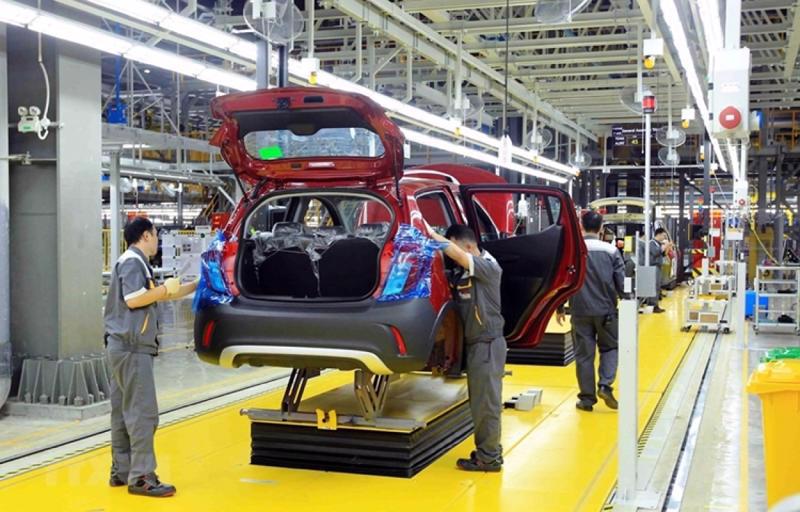


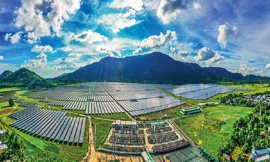

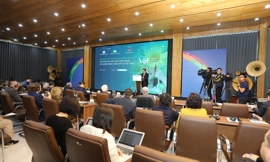
![[Interactive]: Toàn cảnh kinh tế Việt Nam tháng 7/2025](https://media.vneconomy.vn/302x182/images/upload/2025/08/0675413e3e-4a53-4c15-ae1f-e8883264607e.png)

![[Phóng sự ảnh] Những điểm nhấn đặc biệt sẽ xuất hiện tại đại nhạc hội “Tổ quốc trong tim”](https://premedia.vneconomy.vn/files/uploads/2025/08/10/51be9bdd24cf4dfc86a030e2b6e3db11-2906.jpg?w=302&h=182&mode=crop)
